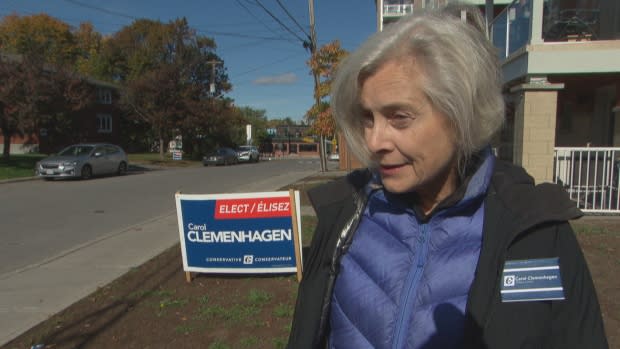Health care, pharmacare top of mind among senior voters

For octogenarian and Kanata resident Carolyn Pensom, health care, pharmacare and other issues facing seniors are top of mind during this election campaign.
"We know what lies ahead. It's losing things. You know this is the age of losing," said Pensom, who counts her own good health and a sufficient care system among the things that could be lost.
With family doctor and home-care staff shortages, and waiting lists for long-term care, Pensom already knows firsthand how much the system depends on families to take care of each other.
"My husband had dementia and he didn't go to long-term care, but it was difficult," Pensom said. "I had love for him, but I didn't have any training, so I just did my best."
Seniors are the fastest-growing demographic group in this country, and by 2031, they're expected to number nearly nine million.
Traditionally, senior citizens get out to vote, so paying attention to their concerns is a priority for the candidates.

Deep concerns
As a family doctor in Kanata, Jennifer Purdy knows well the issues facing constituents like Pensom.
Purdy, a retired military physician, is running for the Green Party in –KanataCarleton.
"Health care does come up. People are deeply concerned because there are obvious issues about sustainability, both on a nationwide level, but also on an individual level, as well in terms of affordability," Purdy said.
People are navigating a public system that doesn't provide full coverage, according to Purdy.
The Greens' plan includes more money to train doctors and nurses. The single biggest expense in the Green platform is $26.7 billion for the first year of a proposed universal pharmacare plan.
Like the Greens, the NDP also has a pharmacare plan. Measures to prepare for a national pharmacare program were included in the Liberal government's spring budget, yet questions remain about whether their costing will be sufficient.
Retired public servant Brian Grant supports a national drug plan, and he isn't concerned about the huge costs associated with implementing the expensive program.
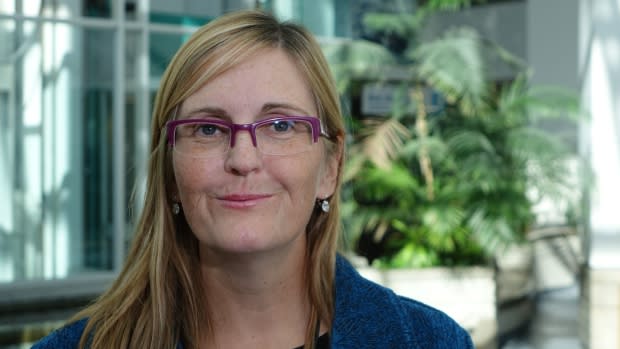
"It pays for itself," Grant said. "In the end, there won't be any more money out of my pocket if we have pharmacare or if we don't. It'll just be paid for in a different way."
Speaking to a group of seniors in Nepean recently, Liberal Karen McCrimmon, who's running for re-election in Kanata–Carleton, pointed out that her government appointed a minister of seniors in August 2018.
According to McCrimmon, affordability, public transit and digital infrastructure are the issues that come up most frequently at the door in Kanata–Carleton, but health care, and specifically pharmacare, are also popular topics.
"I think it's going to make a difference in people's lives so they won't have to choose between heating the house and buying their prescription," McCrimmon said. "I think the analysis that has been done suggests that we will actually end up saving money in the long run."
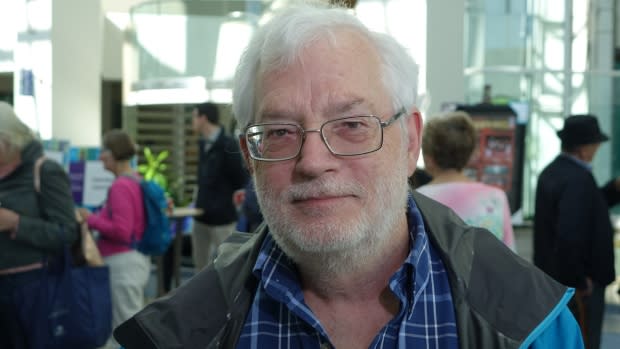
Seniors strategy
Leslie Lawry gets around with a walker right now, but she's hoping to be rid of it by winter as she's scheduled for a knee replacement this week.
Lawry's own experience with aging parents had already introduced her to waiting lists for home care and palliative care.
"A national seniors strategy is probably the most important thing, because as our population ages and the number of seniors grows, it's going to be important to have provinces and municipalities and the federal government work together," Lawry said.
Both the Green Party and the NDP propose developing a national seniors strategy along with a plan for dementia care.
Stéphanie Mercier, the NDP candidate in Ottawa–Vanier who has worked as a nurse at the Montfort Hospital for the past three years, said she'd like to see more money go into mental health programs and community supports along with the NDP's pharmacare plan.
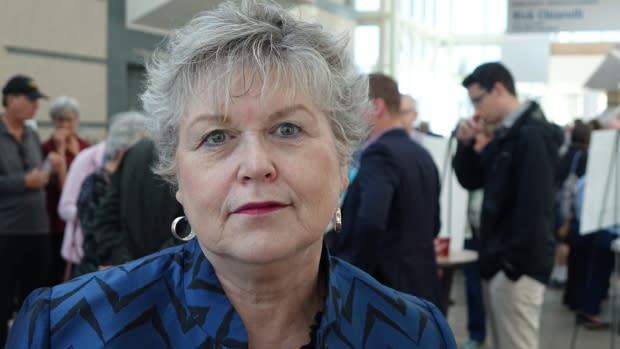
"People are very worried about health care, and they're very worried about not getting the medication to cover what they need," Mercier said. "That's scary, and in a country as wealthy as Canada. No one should ever have to decide between choosing to pay for things like medication, housing or food."
Peggy Aitchison, a Kanata senior who volunteers at a food bank every Friday, said she sees people in need in her own community.
"They've had to pay for either high rents or medical prescriptions ... so they come to the food bank for that reason," Aitchison said.
The long wait for long-term care or home care is also an issue for her this campaign. "Some friends have had to wait a considerably long time, and the stress for the caregiver can be quite considerable," she said.
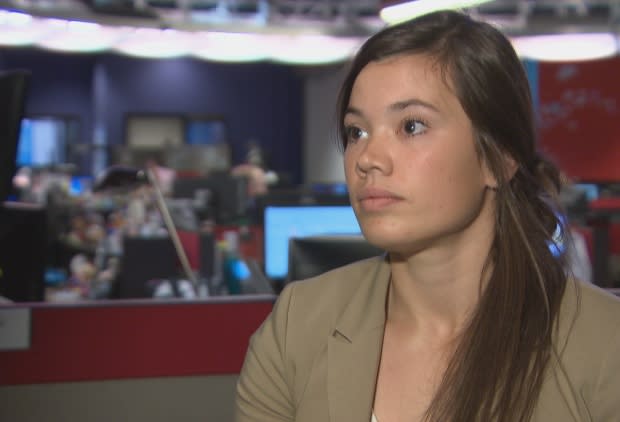
Stable health transfers
The Conservative candidate in Ottawa Centre, Carol Clemenhagen, has had a career as a health administrator, having served as the first female president of the Canadian Hospital Association as well as working at The Ottawa Hospital and the Medical Research Council.
According to Clemenhagen, the Liberals' lack of fiscal responsibility and threat to the stability of provincial health transfers motivated her to run for office.
"I, for the first time in my life, had a sense of alarm and felt it was time to stand up," Clemenhagen said. "One of the really important commitments that the Conservative government has made is to maintain and increase transfers for health to at least three per cent per year to give stability and predictability to the provinces."
While she notes that the aging population is creating new challenges, universal pharmacare would create more "economic pressure" in a system that's already strained, and isn't among the Conservative Party's solutions, Clemenhagen said.
